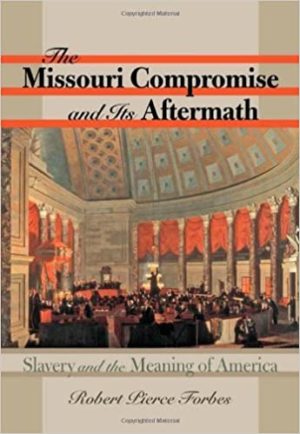Slavery and the Meaning of America, 1819-1837
Team Members/Contributors
About this dissertation fellowship
How did Americans reconcile the ideals of their Revolution with slavery? How did the United States move, in less than two decades, from the Missouri crisis, Jefferson's fireball in the night, with its threat of disunion and civil war, to the inauguration in 1837 of a Northern President pledged, like his opponents, to the protection of slaveholders' rights and the suppression of abolitionism? This shift did not come about by a gradual process of evolution, but marked the outcome of a serious and protracted struggle, joined in earnest in 1819 and reaching a climax in 1835, in which the issue of slavery served as a touchstone for fundamental questions regarding religion, human nature, and America's historical role. Viewed through the lens of evangelical Protestantism, slavery posed a grave threat to America; yet, under heavy political and social pressure, the mainstream churches tacitly endorsed the peculiar institution. This stance not only tended sharply to circumscribe their future influence, but contributed to a secularized interpretation of history which replaced Providence with Destiny as the motive force in human affairs. These effects long outlasted the Civil War.
| Image | Title | Year | Type | Contributor(s) | Other Info |
|---|---|---|---|---|---|
| Slavery and the Meaning of America, 1819-1833 | 1994 | Dissertation |
Robert P. Forbes |
||

|
The Missouri Compromise and Its Aftermath: Slavery and the Meaning of America | 2007 | Book |
Robert P. Forbes |